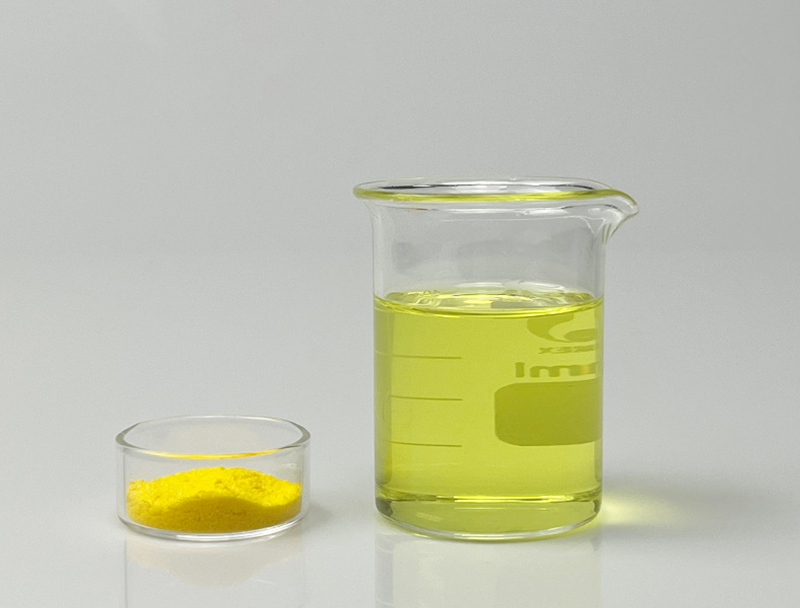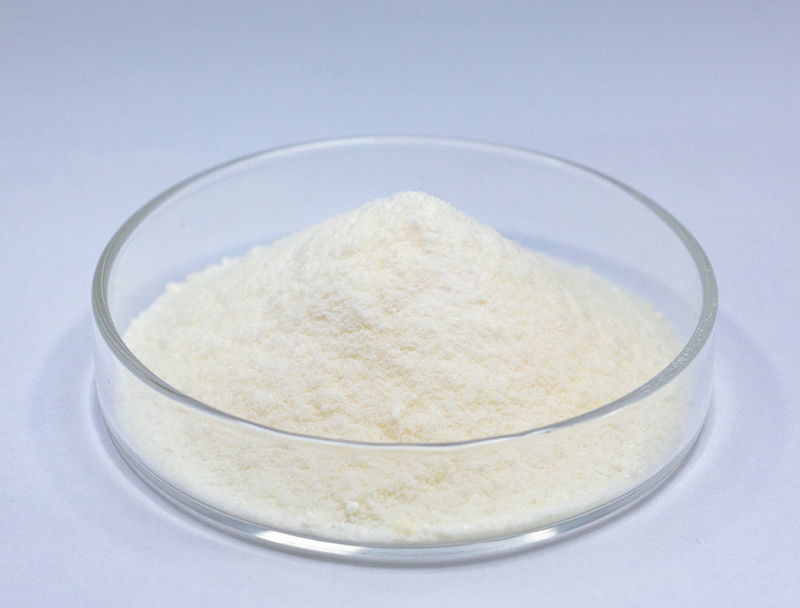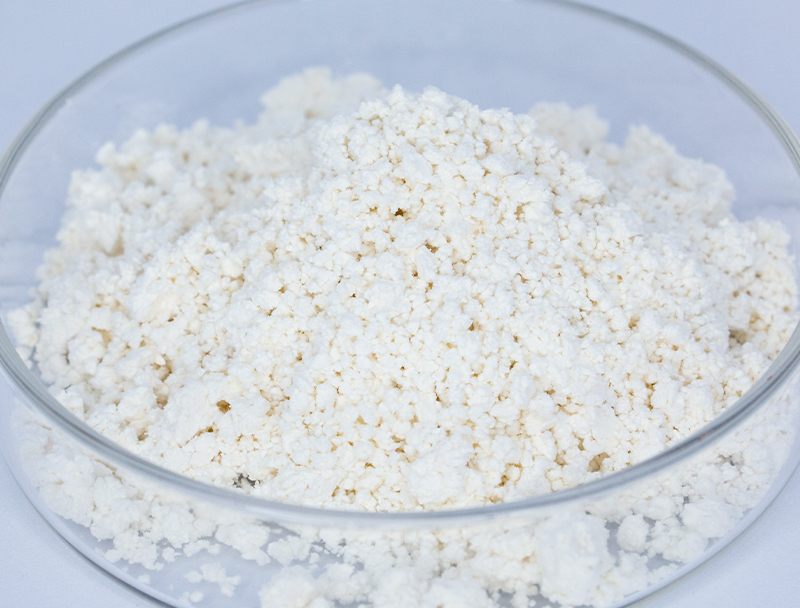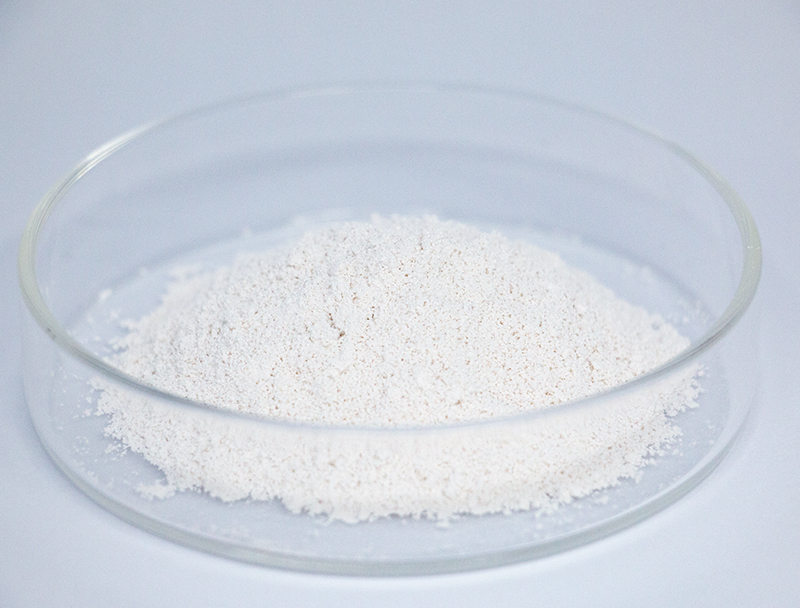
Advanced biosystems are built around a wide assortment of starting materials for developing state-of-the-art biosolutions.
Securing continuous ethical sourcing of resources is paramount for the long-term viability and ethical growth of the industry.
various risks tied to conventional feedstock acquisition for example habitat harm and overextraction of resources. Therefore, biomanufacturing companies must actively seek out alternative sourcing strategies to minimize their ecological footprint.
- Instances of green procurement approaches are:
- Adopting organic-origin materials from crop remnants
- Establishing regenerative loops to cut waste and elevate material utilization
- Connecting with nearby vendors prioritizing responsible supply
Moving toward responsible sourcing creates ecological improvements and economic resilience.
Advancing Biomass Preparation for Elevated Biofuel Production
Optimizing biofuel yields depends strongly on feedstock quality and makeup. Engineers continually develop approaches to improve biomass suitability, delivering enhanced conversion and a more resilient energy mix. Methods encompass cellular engineering to augment biomass output and refining processes to liberate fermentable carbohydrates.
- Furthermore, teams search for alternative biomass sources including algal strains, industrial wastes, and crop leftovers to broaden sustainable feedstock options for fuels.
- By means of ongoing innovation the biofuel sector can achieve substantial advances soon, shaping a cleaner energy future.

Enhanced Upstream Strategies for Biopharmaceutical Yield
represents the initial stages of biopharmaceutical manufacturing, encompassing all steps from cell culture and cell harvesting Recent developments in this field have resulted in optimized workflows that raise overall output.
Important innovations consist of upgraded cell platforms, customized nutrient matrices, and smart bioreactor solutions. Such breakthroughs boost efficiency and simultaneously reduce manufacturing costs and carbon burdens.
- Moreover, continuous manufacturing adoption is enabling dynamic control and greater adaptability in upstream workflows.
- This shift towards more sophisticated biopharmaceutical manufacturing methods promises to revolutionize the industry and pave the way for faster development of novel therapeutics.

Innovations in Gene Editing for Improved Biopharmaceutical Yield
advances in genomic editing tools including CRISPR have transformed therapeutic manufacturing. Through focused genomic edits within host strains, scientists increase expression of desired therapeutic proteins. Such strategies offer promise to create cost-effective, high-efficiency therapeutics across many disease areas.
Using Microbial Systems for Site-Specific Remediation
promising microbial strategies enabling effective environmental cleanup and restoration. Selected microbial cultures can remediate contaminants through biodegradation pathways.. Employing microbial processes facilitates remediation approaches that preserve ecosystem integrity while reducing pollution.. Laboratories test microbial species for efficacy against metals, pesticide pollutants, and oil-related contamination. Microbial cultures can function in contained bioreactors or be deployed onsite to facilitate biodegradative remediation..
Employing microbial strategies for remediation provides multiple benefits versus traditional techniques. Microbe-driven cleanup typically costs less and generates fewer dangerous byproducts. In addition, microbial approaches enable pollutant-specific treatment without broad ecological disruption. The field of microbial biotechnology continues to advance rapidly, with ongoing research focused on improving the efficiency and effectiveness of bioremediation strategies.
The Role of Bioinformatics in Drug Discovery and Development
Digital bioinformatics methods are central to evolving therapeutic discovery processes. By integrating diverse datasets, bioinformatics enhances candidate identification and therapeutic optimization.
- Using extensive genomic, proteomic, and patient data, analysts discover targets and anticipate therapeutic performance.
- Likewise, computational docking and dynamics help design molecules with improved target engagement and potency.
- Finally, data-driven informatics is changing drug development and hastening patient access to effective therapies.
Pathway Engineering for Greater Bioproduct Yields
adopts varied approaches to raise biosynthetic yields of beneficial compounds. Options include metabolic rerouting via gene edits, expression tuning through regulatory control, and incorporation of foreign enzymes to expand function.. By refining pathway flux and regulation engineers can significantly raise bioproduct production.
The multifaceted strategy promises to reshape sectors like biotech, agritech, and renewable fuel industries.

Scaling Biopharma: Difficulties and Strategic Opportunities
Industrial-scale production introduces demanding hurdles as well as strategic advantages. Retaining quality standards during scale enlargement is a core difficulty. This requires robust process control, precise monitoring, and sophisticated analytical techniques.

Additional complexity arises because biopharma production entails many coordinated stages.. Adapting protocols for industrial scale requires considerable development work and engineering advances.. Even so, the payoff can be large. Achieved scale can widen availability of treatments, lower manufacturing costs, and boost financial returns.
Multiple programs focus on resolving scale-up difficulties. Initiatives involve optimization platforms, high-resolution analytics for process control, and novel manufacturing frameworks.
- Developmental projects contribute critically to scaling manufacturing competency.
- Regulatory frameworks are being optimized to accommodate novel production technologies and promote innovation.
Regulatory Strategies for Biopharma Compliance and Patient Protection
Producing biopharmaceuticals demands comprehensive oversight to guarantee safety and clinical effectiveness. Biopharmaceuticals, often derived from biological sources, present unique challenges compared to traditional medications.
Agencies like FDA and EMA develop frameworks and criteria for validating and approving cutting-edge biotherapies..
Strict validation and testing steps are required across the product lifecycle from lab studies to post-market oversight.. The protocols serve to uncover safety concerns and certify that products fulfill rigorous protection standards..
Also, governing institutions evolve their strategies to respond to swift advances in biopharmaceutical science.. Measures involve adopting innovative technologies and enabling development acceleration without compromising patient welfare.

Plant-Origin Feedstocks in the Production of Bioplastics
Increasing interest in sustainable materials spurs innovation in renewable resource development. Plant-derived biomass as input for bioplastics represents a practical route toward greener materials. Materials such as starch from corn, cellulose pulp, and sugarcane biomass are convertible into biodegradable polymers that lower plastic waste concerns.
Also, many renewable bioplastics exhibit comparable mechanical and functional traits to conventional plastics across applications.. Sustained research efforts are necessary to optimize plant feedstocks for mass bioplastic production and enable circularity.
Emerging Biotech Solutions for Health and Food Security
Biotechnology equips researchers with methods to tackle health crises and bolster food availability. Through CRISPR, synthetic circuit design, and cell therapy progress, developers generate methods to counter infectious agents, optimize crops, and elevate nutritional profiles.. For instance, genetically modified crops can be engineered to NMN resist pests and environmental stresses, leading to increased agricultural production and reduced reliance on harmful pesticides.. In addition, the field produces vaccines, treatments, and diagnostic tools that are central to fighting infections and improving health worldwide.. With ongoing research, biotech is positioned to enable broad improvements in health and food security that serve global populations.
